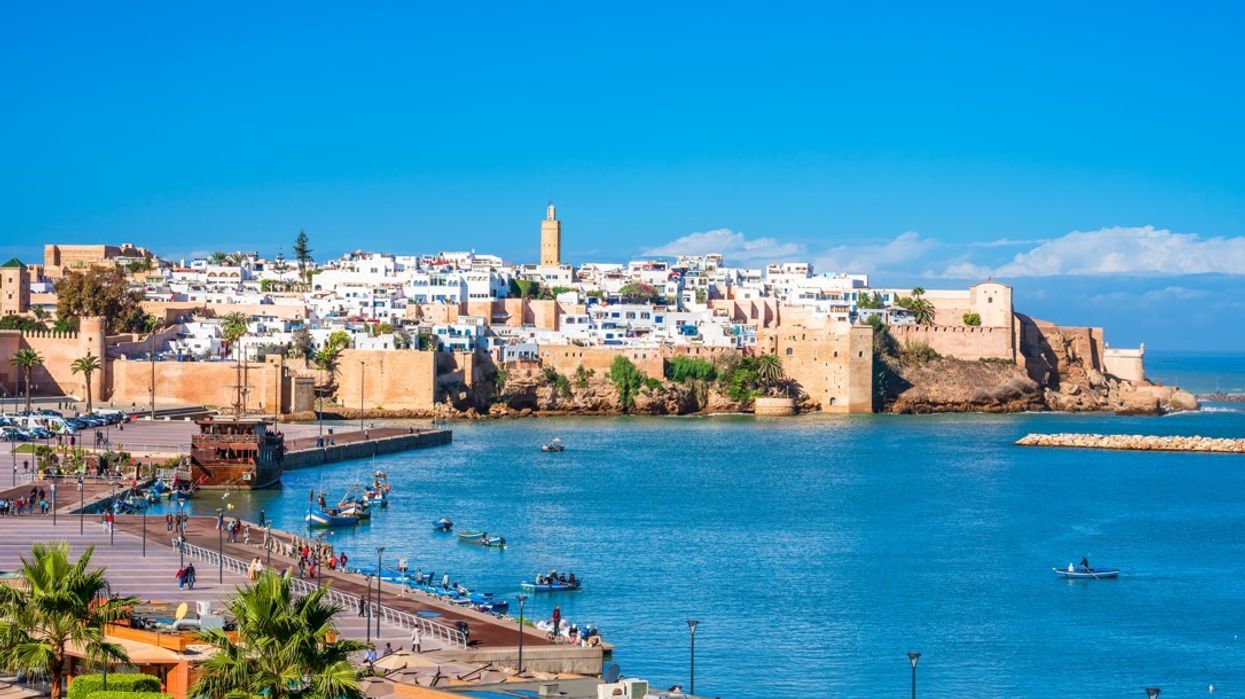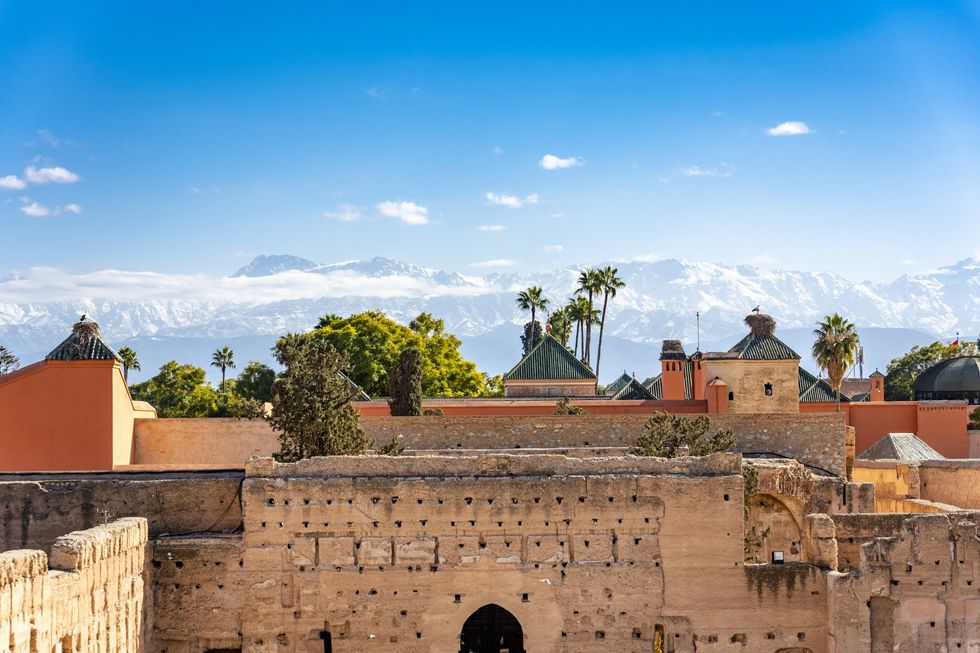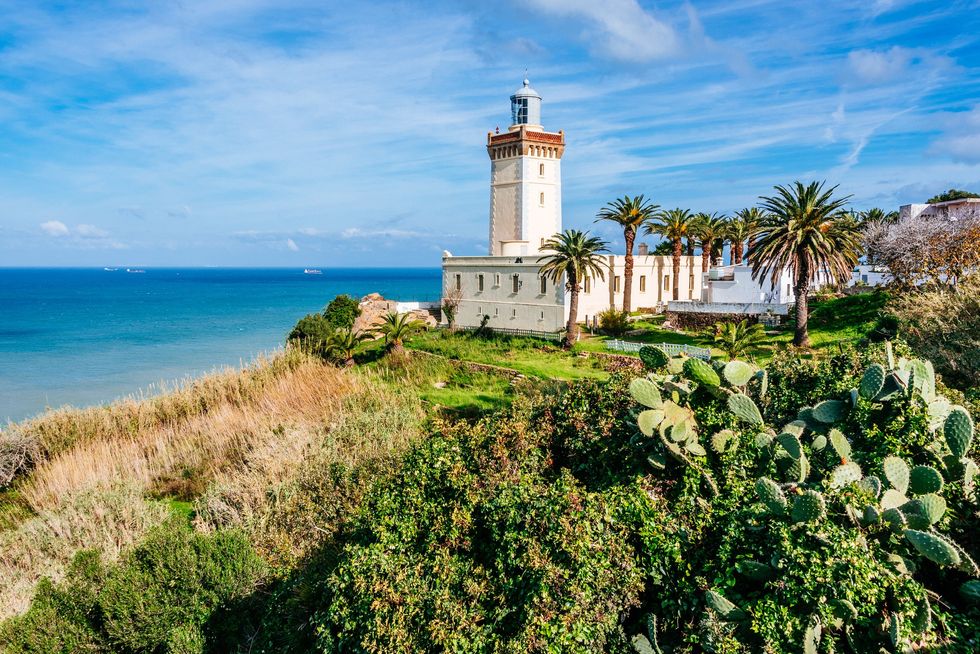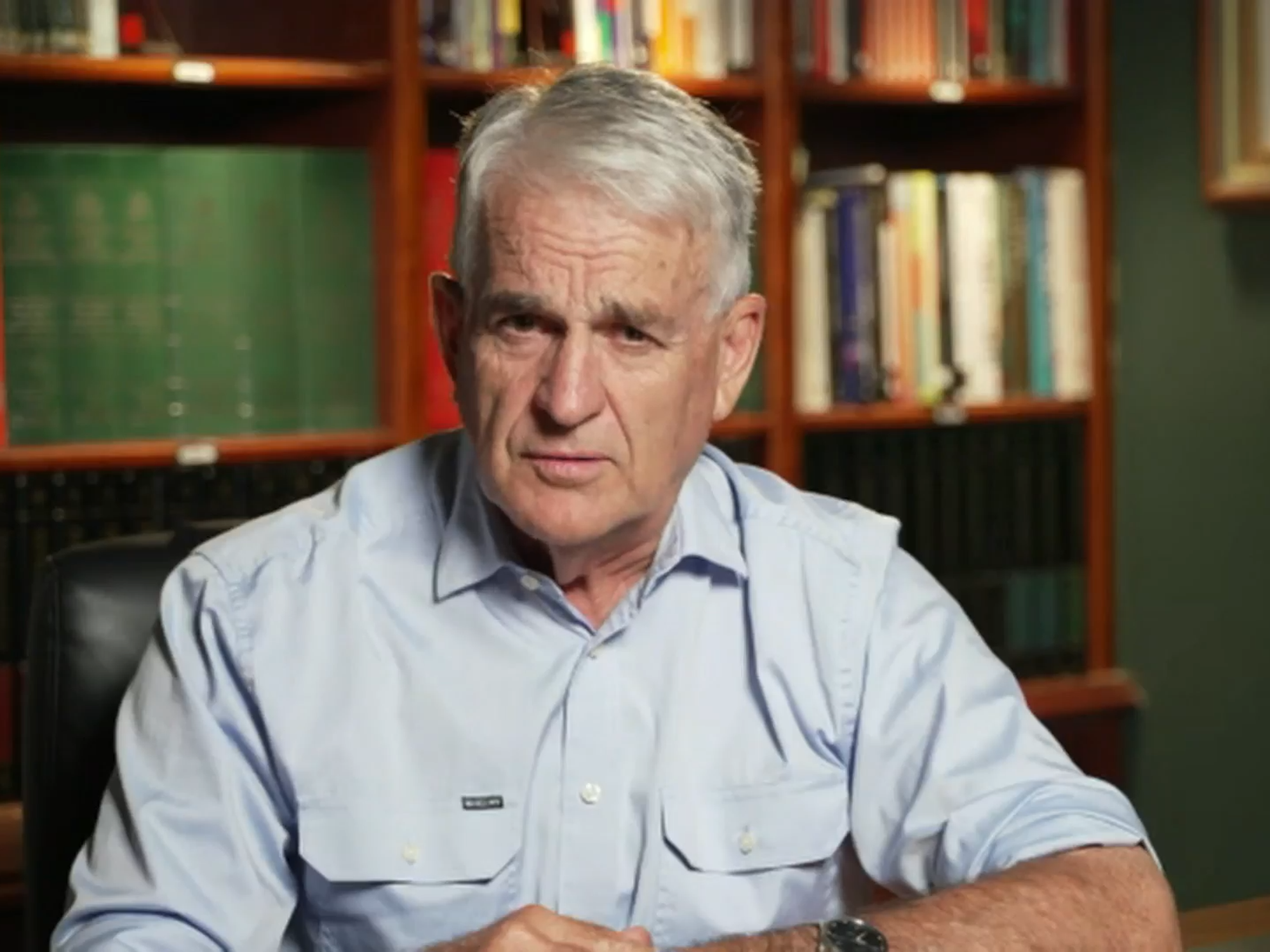Britons given Morocco travel update as protests could break out 'without warning' and cause 'disruption'

Holidaymakers have been given a fresh warning about Morocco
|GETTY IMAGES

Holidaymakers were asked to avoid political gatherings and demonstrations
Don't Miss
Most Read
Latest
Morocco welcomes millions of tourists each year, with holidaymakers flocking to experience the Sahara, explore vibrant markets, sample delicious cuisine and witness incredible natural landscapes.
However, visitors have been given an important warning regarding their safety. Britons have been urged to remain vigilant as protests could break out.
The Foreign, Commonwealth and Development Office (FCDO) told travellers in Morocco: "Protests and demonstrations could occur across the country, particularly in large cities, often without warning.
"These events are typically monitored closely by law enforcement. While authorised protests are generally peaceful, unauthorised ones have sometimes led to clashes between protesters and police.

Morocco is a popular holiday hotspot
| GETTY IMAGES"Such gatherings can cause travel disruption in the affected areas. Avoid political gatherings and demonstrations and follow local news and directions from security officials."
Britons visiting Morocco should consult the FCDO's guidance on staying safe before their trip.
The FCDO provides essential information for the safety and security of British tourists, with guidance on laws and cultural differences, transport risks, outdoor activities and adventure travel and extreme weather and natural disasters.
Britons were given an important warning about terrorism. They were told: "Terrorists are very likely to try to carry out attacks in Morocco.
"Terrorism attacks could be indiscriminate, including in places visited by foreign nationals, such as transport hubs, locations popular with tourists and foreigners, government buildings, crowded places and businesses with Western interests.
"There is an increased threat linked to the number of Moroccans sympathetic or belonging to Daesh (formerly ISIL) and other extremist groups. Authorities regularly disrupt terrorist cells.
"In some places, including hotels and tourist sites, there may be protective security measures, including security guards."
Britons were also given essential guidance on how to avoid becoming a victim of crime.
Holidaymakers were warned: "There can be occasional violent crime in Morocco. Criminals have used knives against tourists in street attacks, thefts and burglaries in major cities and along beaches. To reduce your risk, avoid quiet areas, particularly after dark, and do not carry large amounts of money or valuables.
"Petty crime is common in tourist areas, especially in historical districts (medina quarters) and on beaches. Crimes include pickpocketing, bag-snatching, and drive-by motorcycle theft of visible jewellery and handbags.
LATEST DEVELOPMENTS

The country is known for its beautiful landscapes
|GETTY IMAGES
"Be cautious when asking for directions and using ATMs – aggressive begging is common."
The FCDO also gave Britons specific warnings on scams, ungenuine tourist guides and marriage fraud.
Holidaymakers in Morocco were alerted: "Credit card fraud and scams are common. Beware of scammers substituting inferior goods for the ones you bought. Remain alert to potential confidence tricks.
"It is common for people posing as official tourist guides to harass tourists. If you use a guide in a historical district (Medina quarter), make sure they have an official badge and permission from the local authority.
"Be cautious if you travel to Morocco for a relationship or to find someone you met on the internet. Incidents of marriage fraud and attempted extortion have affected British nationals. Make sure you keep your return ticket, passport and personal belongings safe."
For up-to-date information on warnings and insurance, entry requirements, safety and security, regional risks, health and getting help in an emergency, consult the FCDO's guidance.
This comes as Britons were given a South America travel warning as parts are gripped by a "state of emergency" over "armed violence".










